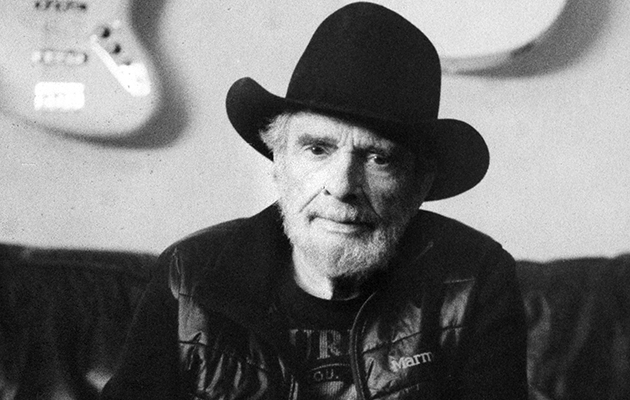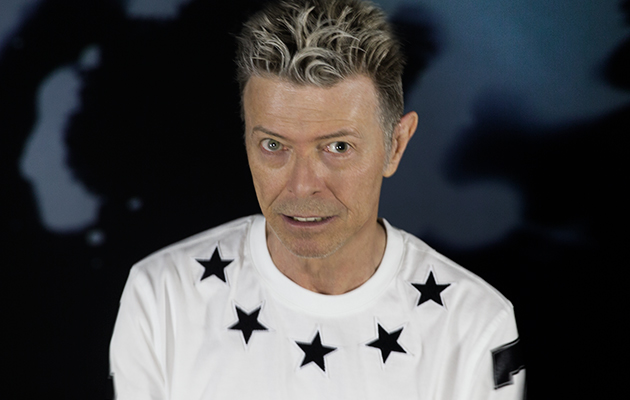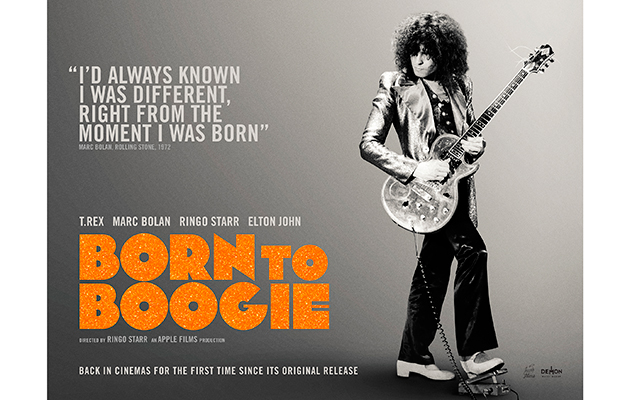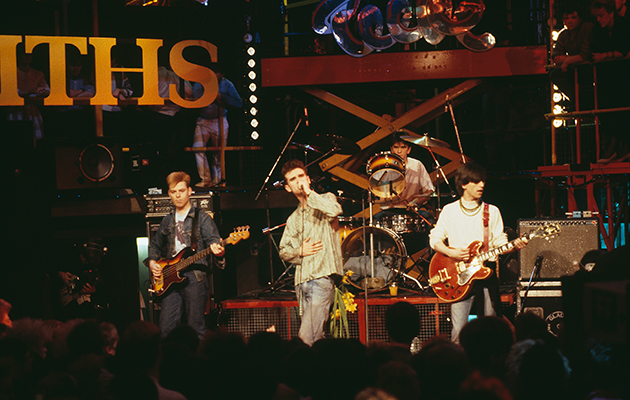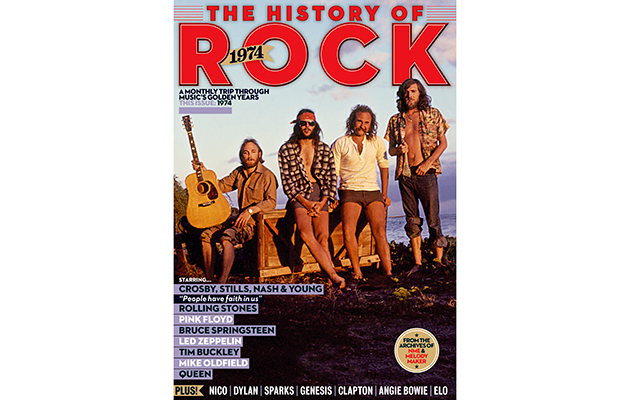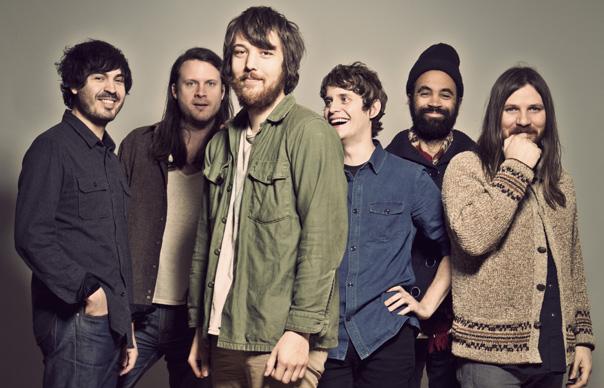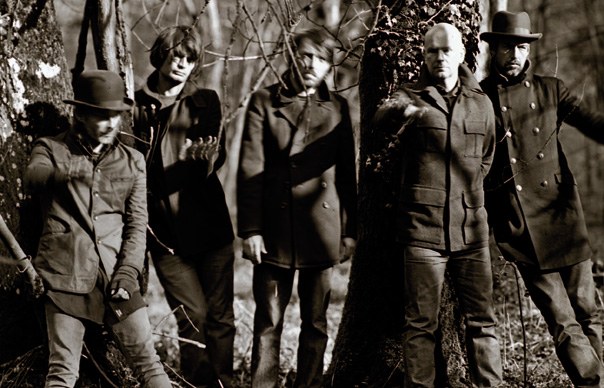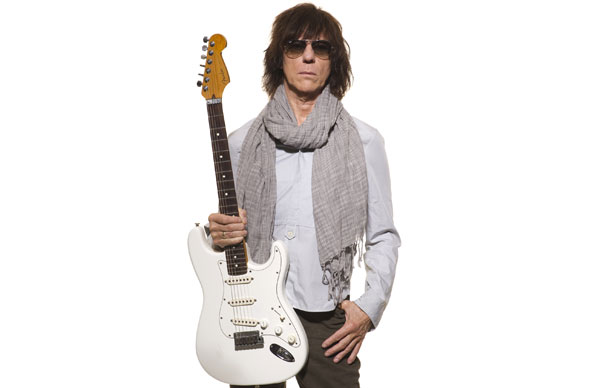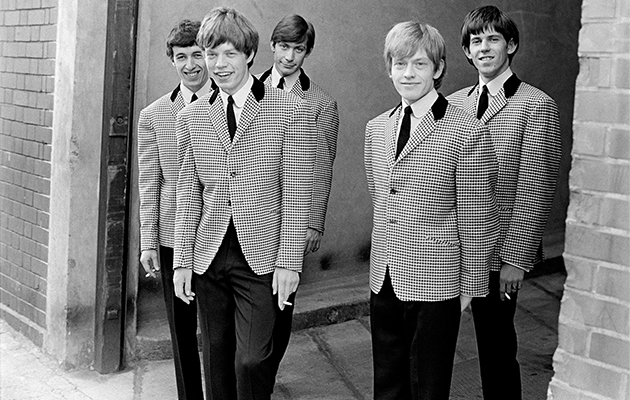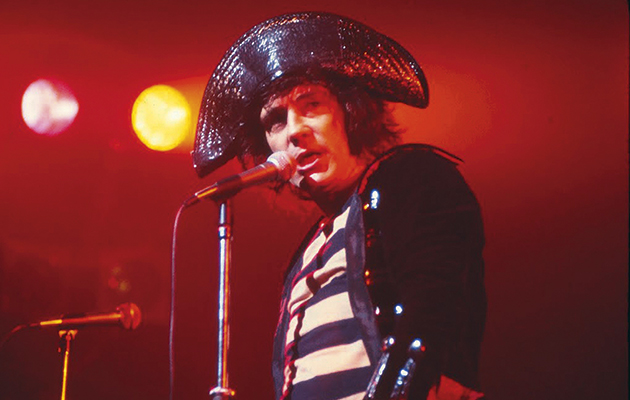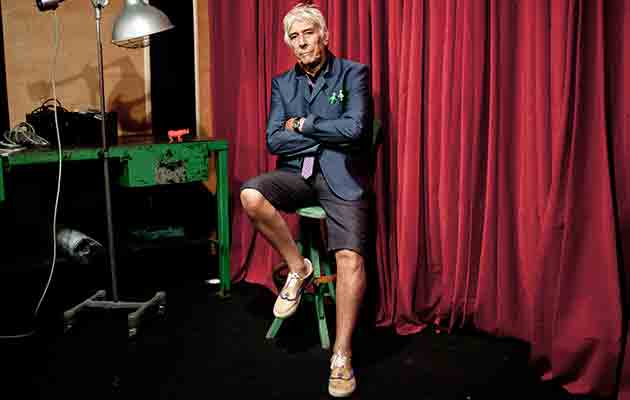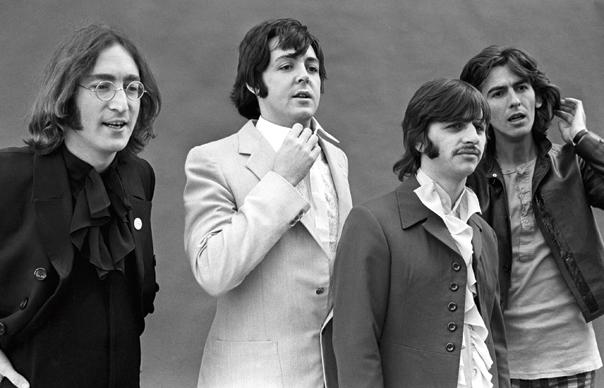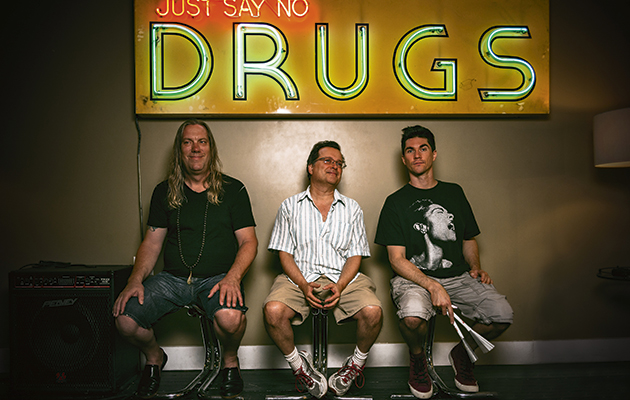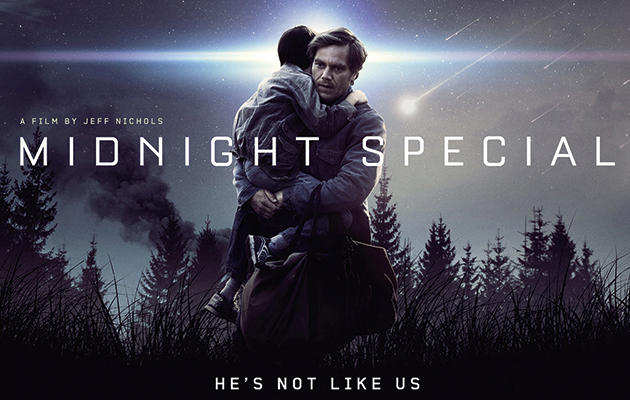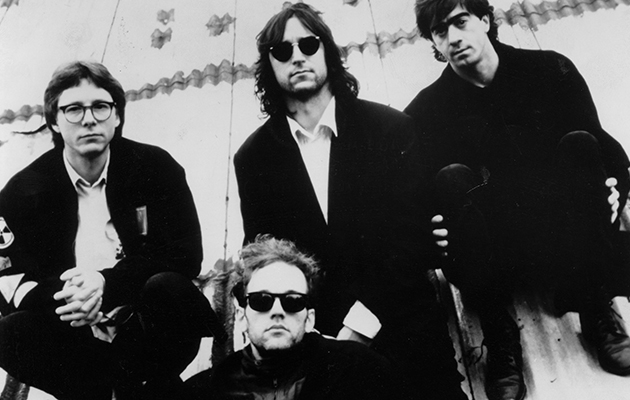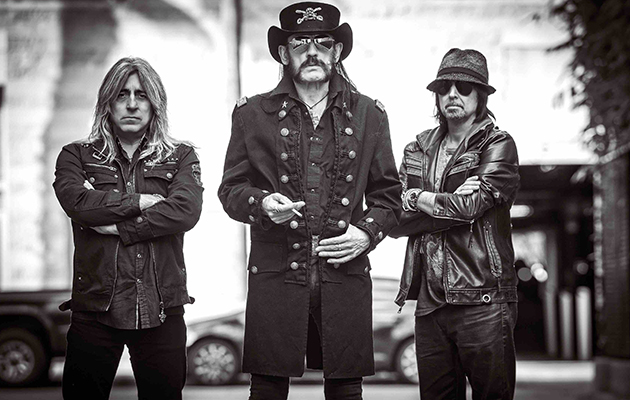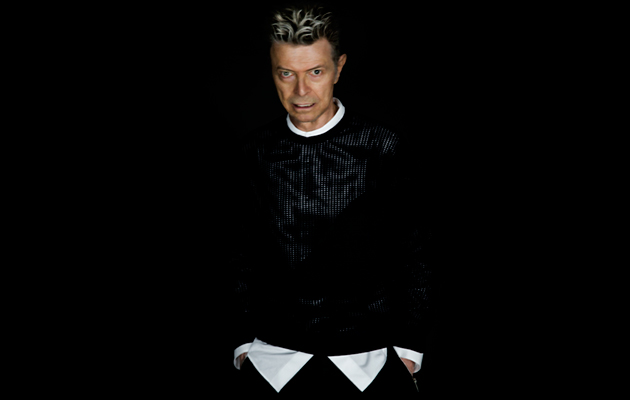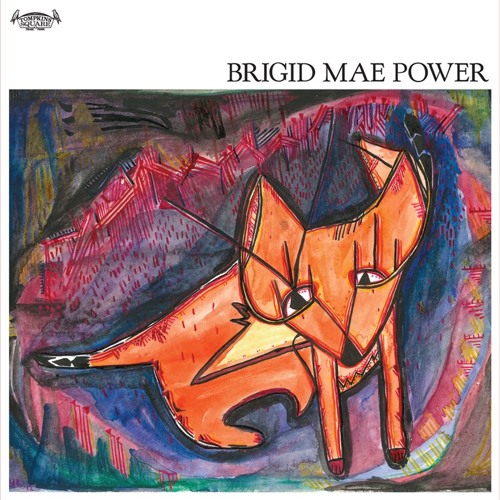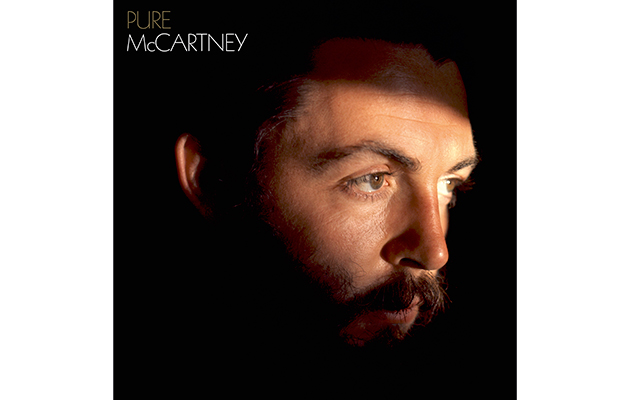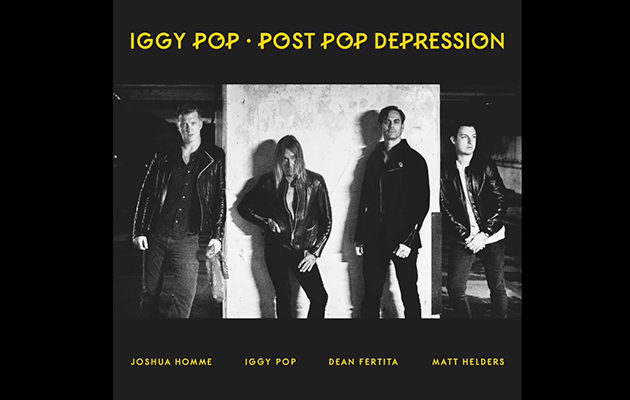David Stubbs invites Peter Buck, Mike Mills and Michael Stipe to talk about the 20 greatest singles of their major-label era. But which one does Stipe find “gross and disgusting”? And why does Mills think, “It’s amazing how many songs we’re playing now that we could have written yesterday”? Originally published in Uncut’s November 2003 issue.
____________________
June 24, Brixton Academy, London. REM used to belong to the world – when “Everybody Hurts” was a global anthem of solace, when their albums sold in the dozens of millions. Paradoxically, that was the time when they receded from the world. They didn’t tour. They didn’t do interviews. Their rare public appearances were seized upon and shrouded in misapprehension.
Was Stipe dying? Was Peter Buck living on the streets following a breakdown after his divorce? Now that their albums sell in mere seven-figure amounts, now that they are regarded by some as a busted flush, REM are back in the world, much more out and about. Stipe’s even on the cover of the Radio Times, as he gleefully reminds the throng tonight. Yet they no longer belong to the world, they belong to us – they’re ‘our’ band again. It’s reflected in songs like “Imitation Of Life”, whose oblique, associative lyrics feel like a return to Murmur terrain, or in the experimental drift of albums like Up and New Adventures In Hi-Fi.
You also feel that, despite the tensions and difficulties they endured in the late ’90s, they’re perfectly comfortable with where they’re at right now. Once, they would have had to play a giant, godforsaken hangar like the Wembley Arena – now they’re playing one of two nights to a packed Brixton Academy and it feels fine. Very fine, in fact.
Stipe, in particular, is more thrilled than you might imagine to play here – he describes it to Uncut as “a venue we all really like – we have a history there, even though we never performed there as a band. So for me it was a personal triumph to play Brixton Academy.”
For Stipe, the history is in its usage in the film Velvet Goldmine, of which he was executive producer (this connection is fondly exacerbated by the stage set, shifting backdrops of various spangly, garish, glam-style hues). It’s also, as he relates in a rambling but infectiously amusing anecdote from the stage, the place where he first saw The Smiths. Stipe, a loner in the crowd, recalls taking note of the shapes Morrissey threw with a view to borrowing a couple of them. An interesting bit of cross-fertilisation – both The Smiths and REM would launch an unco-ordinated but simultaneous attack from either side of the Atlantic on the New Pop which had so enlivened the early ’80s but was now curdling into something hideously garish. REM and The Smiths would be the ’80s antidote. REM alone would go on to dominate the ’90s.
As the song “Everybody Hurts” would prove definitively, Stipe is one of rock’s great communicators. Offstage, it’s a different story. There was a poignant moment when he acted as character witness for Buck at the latter’s ‘air rage’ trial, when he spoke of how Peter was the only person who would talk to him in his teens. Much of that shyness has survived in Stipe. At the aftershow party, in the L-shaped bar upstairs, Mike Mills and Peter Buck both affably hold court, models of Southern gallantry and good cheer. When Stipe eventually hoves into view, the atoms in the room begin to dance, as is the usual chain reaction when there’s a celebrity about. But soon, the atoms settle back down, as Stipe, those saucer eyes gazing everywhere and nowhere, recedes into his own world, among a huddle of close associates.
At one point a formidable, perhaps slightly tipsy lady brandishing a T-shirt fearlessly approaches him, breaking into his aura. Loudly congratulating him on playing such a copious selection of songs from Fables Of The Reconstruction, an album dear to her, she asks him to sign the shirt. Politely, he obliges – not something he used to do – and she engages him in further unsolicited banter. The more she banters to Stipe, however, the less magnificent he seems to her. Can this odd little man be the same charismatic creature as the rock god who worked several thousand loyal fans into a frenzy of good feeling just an hour ago? She starts to look him up and down witheringly. She’s especially unimpressed by a large attachment across his shirt front, emblazoned with the word “MICHAEL”.
“Whassat about, then?” she slurs, brusquely.
Stipe looks through her with large, mournful eyes. “It’s a joke,” he replies. The lady is a beat away from retorting, “Well, s’not very funny,” before Stipe is thankfully distracted and pulled away elsewhere. Stipe might seem not all there to the casual eye, but there’s actually nothing wrong with his antennae. The next person he approaches is Matthew Herbert, whose Goodbye Swingtime has been one of the great unsung albums of 2003. There’s a probability of him and Stipe working together.
Cut back to the gig and Stipe is truly in his element, addressing his fans en masse, teasing Buck, bantering, then leading the charge through REM’s back catalogue, including “The Great Beyond”, “It’s The End Of The World As We Know It (And I Feel Fine)”, the aforementioned Fables… medley, “Get Up” and “Losing My Religion”, with the two unreleased songs from their forthcoming best-of, “Bad Day” and “Animal”, scorching two new holes in the setlist.
The gamut of emotions, postures, styles and shades of meaning is wide – and yet, while betraying none of these, there’s a unifying glow of fun about the evening, a highly bearable lightness of being. It’s that simple (“What’s the point of doing gigs if they’re not fun?” asks Mills), that tough to pull off. Stipe once suggested that REM would quit at the turn of the millennium, and many thought the departure of drummer Bill Berry would kill off the band. Some question their validity as they enter middle age, caricature them as tenacious dinosaurs taking up space, irrelevancies out of their rock time. Untrue. The fact is that REM’s propensity to square the circle – exploring, transforming, while remaining true to their quintessence – is simply beyond the imagination of any of the emergent mainstream rock bands, forged in marketing departments and obediently tailored for MTV. As Rob Sheffield of Rolling Stone put it, “The rock world of today is so much like the one that REM were rebelling against 20 years ago. Once again, radio is full of metal gomers who never met a rule they didn’t obey, and once again REM are totally out of step with the times.”
REM, 2003. Our band. More so than ever.
___________________________
And so to REM’s singles. There’s always been a tendency to measure REM in terms of their albums. This is partly down to elderly, complacent notions of the relative ‘importance’ of albums over singles, representing as they do more sustained creative efforts, to be savoured in aloof privacy. What’s more, REM albums have often been statements of intent, their musical mood and implied manifesto instigated, as a rule, by Buck and often as a deliberate reaction to their previous work. For example, the rocky sleaze of Monster was a response to the gravitas of Automatic For The People, the friendly yellow-golden tones of Reveal an antidote to the experimentalism of Up, and so forth.
And yet, as if in defiance of themselves, REM are also a great singles band, a very public band with a knack of creating big, ear-catching anthems or, thanks to the distantly but unerringly sensitive Stipe, tapping into undercurrents in the collective mood and bringing them to the surface. It’s that REM which Uncut explores here as Michael Stipe, Mike Mills and Peter Buck discuss what we consider to be their 20 finest singles since making the fateful leap to Warners (the period covered by their imminent best-of) and rock’s major league. Even their brightest, daftest moment, “Shiny Happy People”, embarrassed as the band are of it, is one of the great earworms of the ’90s. Then there are singles like “Stand”, “Daysleeper” and “The Great Beyond”, each drawn from very different points and phases of REM’s history, yet each reminders of a quintessential thread that runs through their changeling career. That is, their unique, undiminished capacity to write loud, translucent, timeless, unaffected, deceptively complex yet instantly irresistible pop-rock songs, the sort for which the grossly over-used term ‘classic’ should be more strictly reserved.
Then there’s Magisterial REM, on singles like “Drive” and “Everybody Hurts”, in which, minus the ostentatious anguish or histrionic clumsiness of other would-be Keepers Of Rock’s Conscience, REM walk where others fear to tread in this inchoate, postmodern age, writing – whisper it – songs that matter.
Finally, we hope that whatever arguments you might have about the order of, and inclusions in, this Top 20, that there’s not too much grumbling about the No 1 – fittingly, it was undiluted Essence Of REM which would give them their massive breakthrough hit. So typically atypical. So REM.


